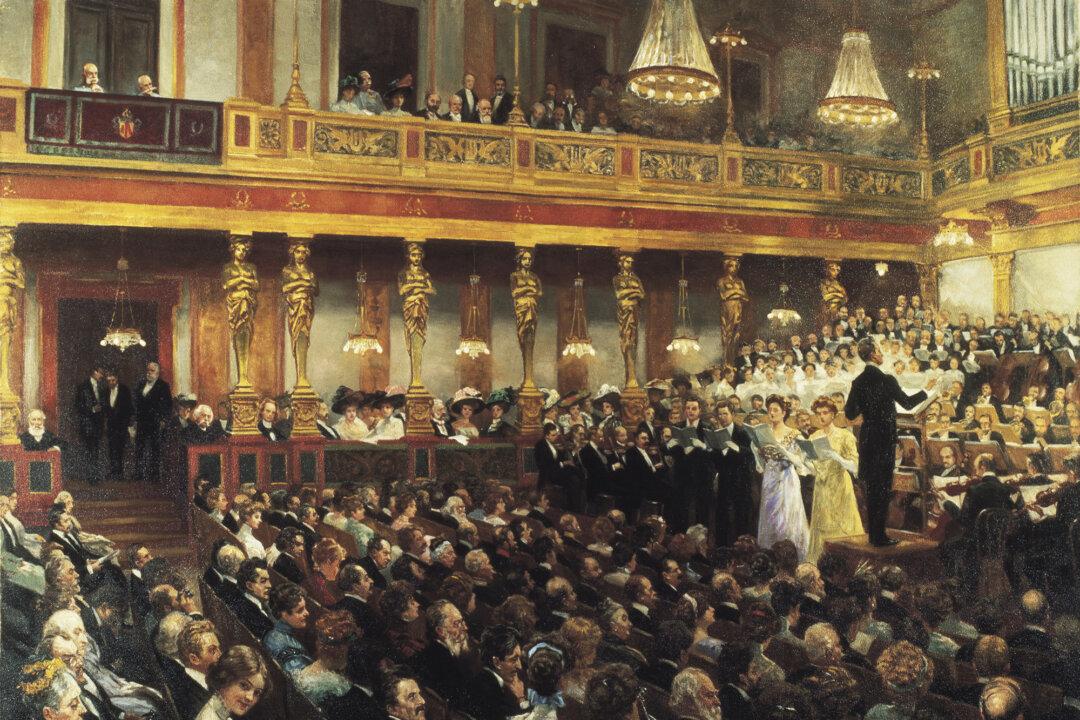We all saw horrifying images and heard heartbreaking stories about the devastation wrought by Hurricane Helene. But chances are you also heard a few stories of hope, of people lending a hand to those in need. I heard one of these a few days after the storm, compliments of some friends living in the area.
Although their home was high enough to avoid getting swept away in the deluge, my friends were cut off from the outside world for a few days as a nearby creek became a raging river. While waiting to evacuate, the family’s two early- to mid-teenage sons heard screams coming through their window one night while reading before bedtime. When they couldn’t find their father—who was, unbeknownst to them, trying to get some news from the outside world on the car radio—they took matters into their own hands, grabbing some equipment and heading out to the creek, where they rescued their neighbor from debris and a partially submerged car.






